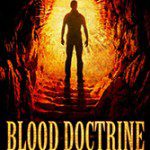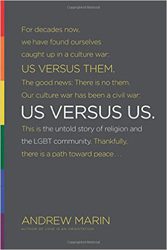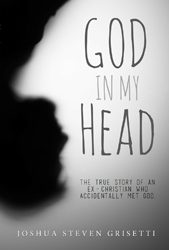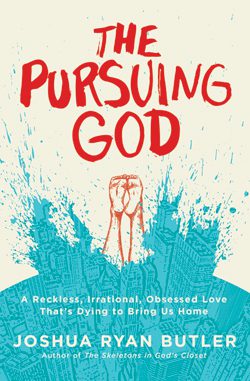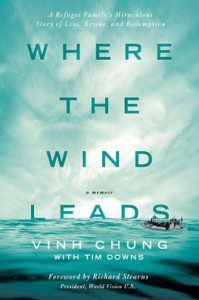 As I read Vinh Chung’s memoir, Where the Wind Leads, I was reminded of the words of the African American spiritual, “My Soul Looks Back”:
As I read Vinh Chung’s memoir, Where the Wind Leads, I was reminded of the words of the African American spiritual, “My Soul Looks Back”:
How I got over
How I got over
My soul looks back and wonders
How I got over.
Vinh Chung muses about the providence that brought him safely to the United States. The journey was dangerous, with many hardships, but unlike countless others, he and his family made it to their own promised land of milk and honey. Although he experienced the hardships of refugee life on the journey to the United States and on the pathway to his career as a physician, he feels blessed to have arrived safe thus far. In the words of another hymn:
Through many dangers, toils, and snares,
I have already come;
‘Tis grace that brought me safe thus far,
And grace will lead me home.
“How did I get over?” Vinh Chung wonders as he considers the refugees who never made it to freedom. “Why me? Why my family and not theirs? Our boats were adrift at exactly the same location; why did the same wind take our boat in one direction and theirs in another? We were blessed – there’s no other way to say it – but why weren’t they? Were we more deserving of rescue?….The only answer to the question ‘Why?’ is ‘God only knows.’” (342)
Vinh Chung has no cosmic answers to explain the providence that saved his family. His response is personal and practical: “Who do you think sent that boat?” and “What does He expect me to do now?”
Vinh Chung’s questions point to what I believe to be the gentle providence that moves non-coercively through every moment of life. This providence is personal; it touches each of us, every moment of the day, offering its energy, guidance, intuitive nudges, and pathways to the future. This providence does not compel or even guarantee success or survival, but works within the many factors that shape each moment of experience and a whole lifetime. Sometimes it comes to us in response to our efforts; other times, it comes unbidden, an unearned surprise, that invites us to share the energies of this providence with others.
Some see this providence as compelling. In that case, we must assume that God chose Vinh Chung’s family for survival, while passing over or predestining to failure those who didn’t survive. They believe that God only helps or loves some persons, while God overlooks others, including many of the Vietnamese boat people who lost their lives at sea or experienced physical and sexual abuse at the hands of pirates.
The more compelling question is, “What goes God expect me to do now?” The providence that gently works through every moment of life invites us to partnership in healing the Earth. Providence is relational, not unilateral. It works with creation, not against it. It is contextual, working within the unique possibilities residing in each moment of experience. It is one cause among the many that shape each moment of experience. What we do in response to God’s providential care heightens God’s presence in the world, expanding the impact of providence on our own lives and the lives of others.
Vinh Chung cites Stan Mooneyham as an example of God’s providence at work in the world. “Individual people make a remarkable difference,” (343) when they cooperate with God’s providential vision. Former president of World Vision, Mooneyham felt the plight of the Vietnamese refugees and put his own safety on the line to seek their well-being. Mooneyham’s faith is an inspiration for us to become instruments of divine providence ourselves.
“Where the wind leads” is everywhere. When unfurl our spiritual sails, opening to God’s providential spirit, we are led to unexpected places and given unexpected gifts of grace; we become God’s companions in healing the world.


